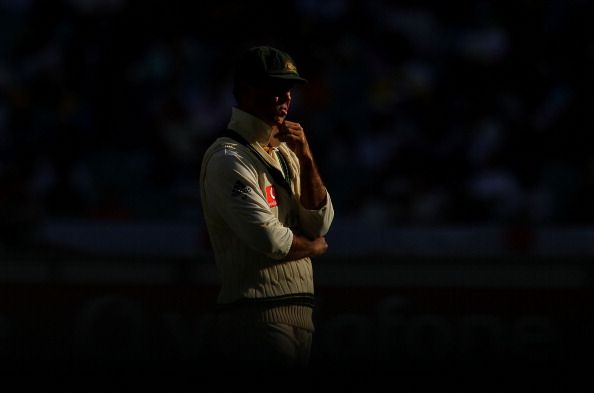
Reaching a closure with Ricky Ponting
“After all, He-Who-Must-Not-Be-Named did great things. Terrible! Yes. But great.” – Ollivander, about Voldemort in the Harry Potter series.
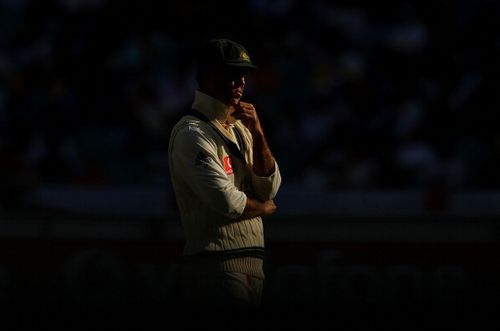
Ricky Thomas Ponting was a great batsman. In the eyes of an Indian cricket fanatic, the words of Ollivander will hold true for the gritty Australian batsman; a teenager’s idealistic view of the great player who ‘wronged’ on many occasions, but who achieved great heights.
When India was riding high in South Africa in 2003, Ponting produced such greatness at the grandest stage in world cricket, which became a source of embarrassment for the Indians. In such a scenario, for a 13 year old, the greatness of the player, of his craft, was secondary to the humiliation caused to his most favourite team in the world. All further judgement of his brilliance was to be filtered through that misplaced nationalistic fervour of being better than your opponent, until there came a moment of realisation of what was to be missed in his absence.
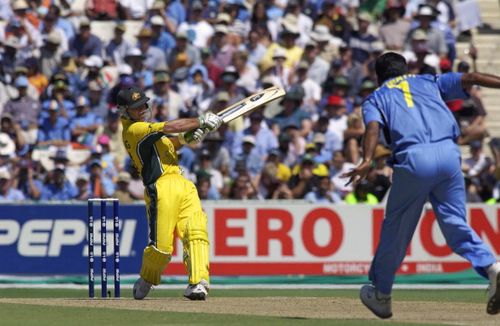
Then there was the 2006 Champions Trophy, where the captain of a dominating team pushed aside the Indian face on the podium giving away the coveted trophy. We were humiliated much before the Aussies had even shown glimpses of the domination in the tournament. And the ugly feeling of being ‘wronged’ surfaced again. A petty issue given the air of a scandal; holding true to our tradition of making mountain out of a molehill.
Sydney 2008 further drilled in the feeling of hatred. For a generation brought up on the humble and respectful ideals of Sachin, Dravid, Laxman and Kumble, the outrage of claiming a dropped catch of our captain, and the injustice meted out by the foreign umpires, was too much for the frustrated fans. There was no end to the ill-feeling now. Ricky Ponting was saakshaat Raavan in real life, shown his ‘rightful’ place by Ishant Sharma in Perth. Ishant’s spell at the WACA was an example of brilliant pace and swing bowling, but so was that of RP Singh in the same match or Sreesanth’s spell at Durban in 2010. But what made it the stuff of legends was the wicket of Ricky Ponting; hated by the Indians to such an extent that the replays of his supposed ‘humiliation’ are popular to this day, irrespective of how many times they have been viewed.
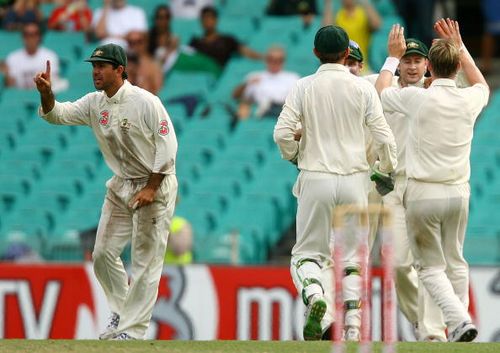
That Ponting was at all times, closing in on the heels of the ‘untouchable’ records of the great Sachin Tendulkar, was an added incentive of enjoying his dismissals. Again, the misplaced nationalistic fervour of an idealistic teen robbed him of enjoying the beauty of the craft.
2011 was as if, godsend. The Quarter-Finals saw a wayward Shaun Tait throw abuses at Sachin Tendulkar, and the blood boiled. The humiliation of 2003, the frustration of 2006 and the injustice of 2008 were all at one moment, aimed at the captain of the group wearing the canary yellow jersey. It didn’t matter that he had scored a brilliant century, in a country where his track record wasn’t exemplary. But when the ball hit Ponting’s finger while fielding and he was down on his hunches in pain, the nation rejoiced. It seems so shameful now, but was so natural then. When Yuvraj Singh roared on the pitch, we roared along with him, and the frustration of last 9 years came pouring out at Ricky Ponting. A group of college students intoxicated by victory, we hurled expletives at Ponting whole night, and next day, and the next, until the giddy feeling of beating Pakistan took over.
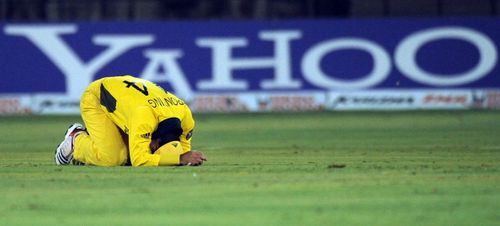
In 15 years of watching the Australians dominate, I’ve respected Steve Waugh, Shane Warne, Brett Lee, Adam Gilchrist and Matthew Hayden, but hated Ricky Ponting; that downright sadistic hatred for all his failures, however minute and overall inconsequential they were.
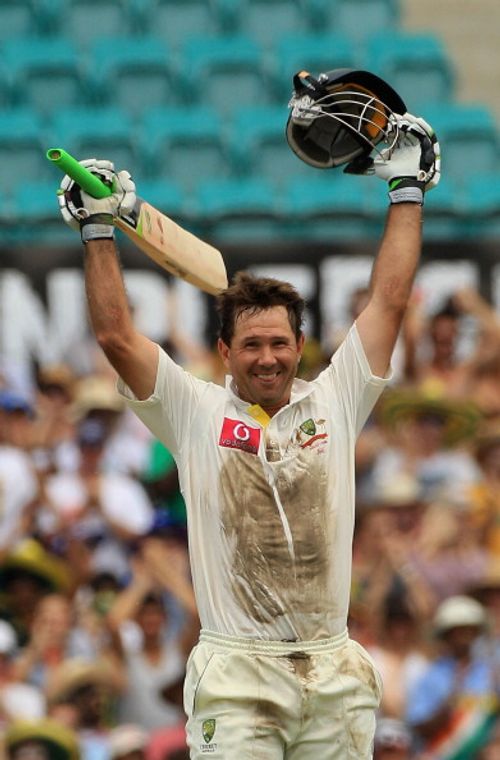 But as the teenager grew up, the world wasn’t divided into black and white any more. The shades of grey became more prominent and eventually, the hatred toned down. Sports is not the place for blowing the trumpet of nationalism above individual brilliance; it’s an art, and it’s global in the extent of its champions. Ponting is that respectable fighter from Australia, who had humble beginnings and who fought to the best of his capabilities for the team he was responsible for. That he was the 2nd highest run-getter of all time, accumulating the next best number of centuries in all forms of cricket, the only cricketer to feature in 100 Test wins, the captain to have won the most number of Test matches in the game, went unrecognised and uncelebrated in those years when the shroud of patriotism blurred the immense contribution of this cricketer.
But as the teenager grew up, the world wasn’t divided into black and white any more. The shades of grey became more prominent and eventually, the hatred toned down. Sports is not the place for blowing the trumpet of nationalism above individual brilliance; it’s an art, and it’s global in the extent of its champions. Ponting is that respectable fighter from Australia, who had humble beginnings and who fought to the best of his capabilities for the team he was responsible for. That he was the 2nd highest run-getter of all time, accumulating the next best number of centuries in all forms of cricket, the only cricketer to feature in 100 Test wins, the captain to have won the most number of Test matches in the game, went unrecognised and uncelebrated in those years when the shroud of patriotism blurred the immense contribution of this cricketer.
The sense of what will be missing from this game, will dawn upon the fans in the days to come. Even if he was playing lesser number of matches, he was there, constantly shuffling on the backfoot and playing that hook or pull, or caressing a ball through the covers in his own typical way, bent back, arms in a fluid motion, reaching out to the delivery.
“It’s a decision I thought long and hard about, put in long consideration about the decision, at the end of the day it was about my results and my output in this series so far. It hasn’t been to the level required for batsmen and players in the Australian team. My level of performance hasn’t been good enough.” – Ricky Ponting.
There’s honesty in those words, which 4 years ago, frankly, I wouldn’t have associated with him. But as a mature fan, maybe it’s time to revisit those memories and understand what Ricky Ponting was, devoid of any nationalistic feelings and try to give credit where it’s due. No hard feelings, Punter!